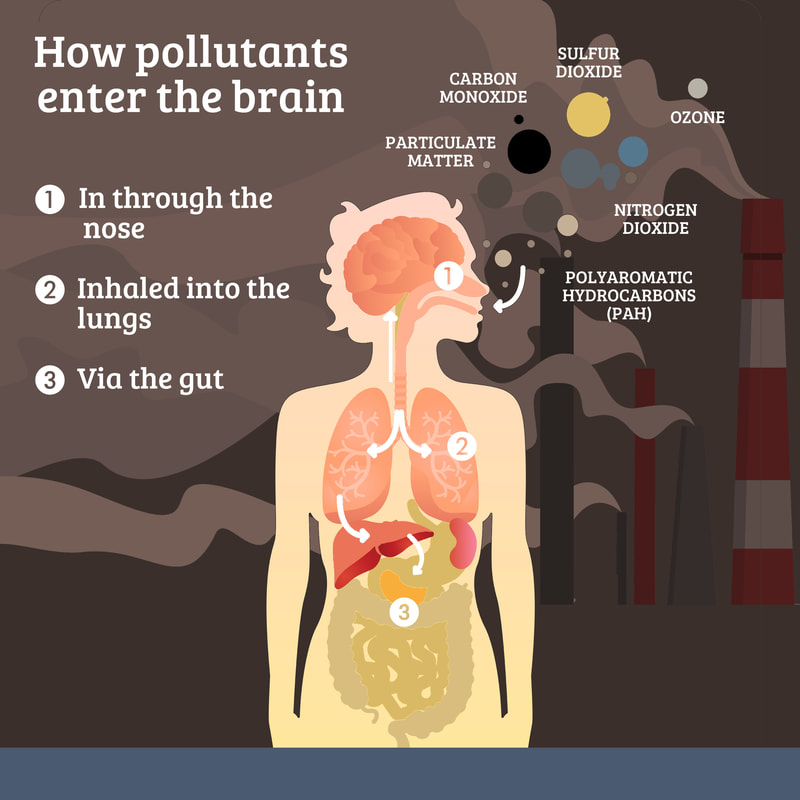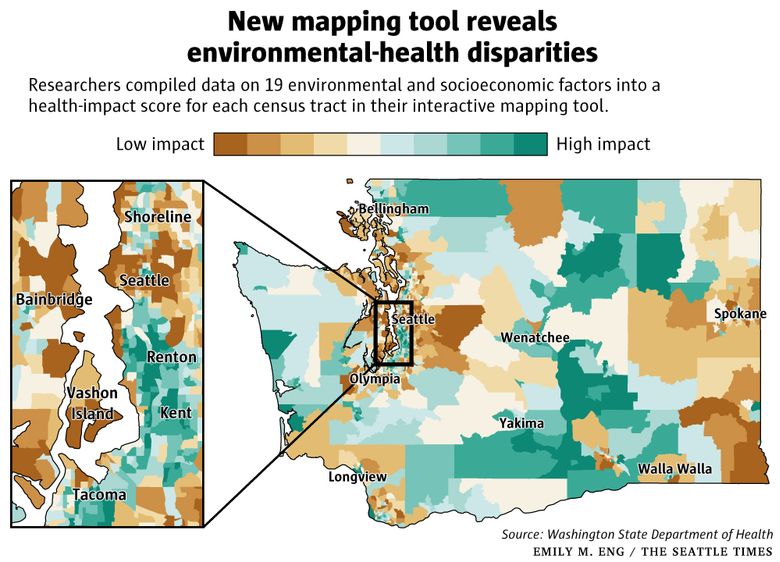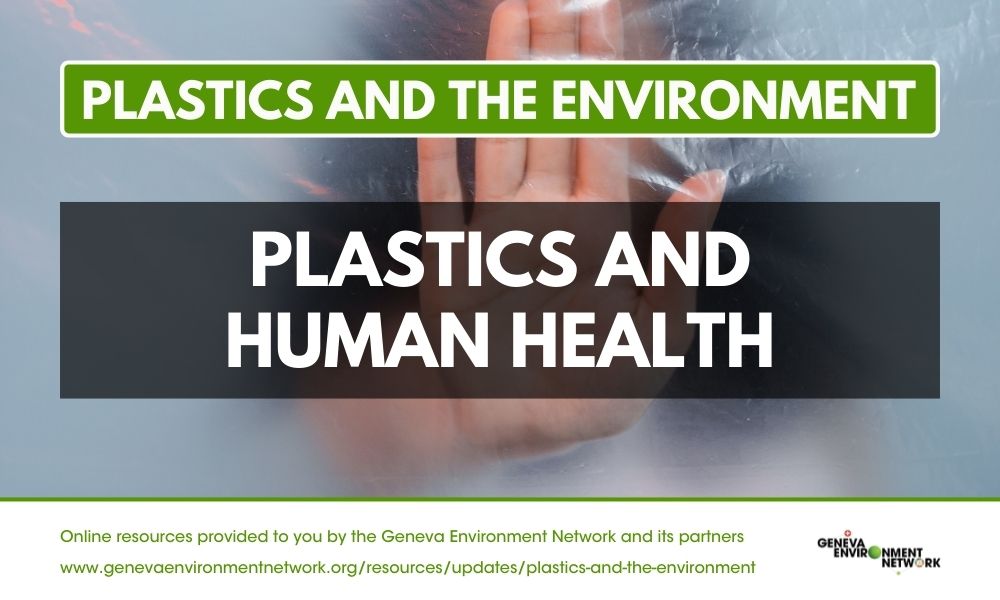Physical Address
304 North Cardinal St.
Dorchester Center, MA 02124

Air pollution leads to respiratory issues and exacerbates chronic illnesses. Long-term exposure increases the risk of cardiovascular diseases.
Air pollution has emerged as one of the most serious environmental threats to human health. Every day, toxic pollutants in the air, such as carbon monoxide, sulfur dioxide, nitrogen oxides, and particulate matter, compromise our well-being. These contaminants can penetrate deep into the lungs and bloodstream, triggering inflammation and exacerbating health conditions like asthma and bronchitis.
People living in urban environments often experience a higher risk of developing health issues due to the concentration of pollutants from vehicles and industrial activities. The impact on public health is profound, encompassing a range of ailments from minor irritations to life-threatening conditions. Understanding the risks and adopting measures to improve air quality are essential steps toward safeguarding our health in the face of rampant air pollution.
Air pollution silently invades our lives, mostly unseen, often undetected. This invisible peril may seem distant but has very real effects on our health. From young children to older adults, no one is safe from the harm it causes.
Breathing problems arise as pollutants irritate the airways. Invisible particles and gases slip past our body’s defenses, making their way deep into the lungs. Think of them as unwanted guests that overstay their welcome and harm our body.
Children and the elderly remain at high risk for such ailments. Their bodies find it tough to fight the polluted air.
Our hearts and blood vessels also feel the sting of polluted air. Tiny toxic particles can enter the bloodstream and stir up trouble. This is the silent threat of air pollution.
| Complication | Description |
|---|---|
| High Blood Pressure | Toxins in the blood can increase pressure on artery walls. |
| Heart Attacks | Pollutants may trigger heart attacks in vulnerable individuals. |
| Stroke | Blocked blood flow can lead to strokes in serious cases. |
The risk of heart disease ramps up even with short-term exposure to dirty air. Long-term exposure can lead to more dire consequences.

Credit: m.facebook.com
Breathing clean air is critical for health, yet not everyone shares the same risk when air quality plummets. Children and the elderly represent groups particularly susceptible to the harmful effects of air pollution. Their bodies, either still developing or weakening with age, face unique challenges that can lead to serious health issues. Understanding these risks helps in promoting better standards and protections for these sensitive populations.
Young children and adolescents need healthy air to grow strong. Pollutants in the air can interfere with this natural process, causing both short and long-term problems. Here are key points that highlight how air pollution affects youngsters:
For seniors, the equation changes. Their well-worn defenses struggle to combat the intrusion of pollutants. Here’s why air pollution poses a grave risk for the elderly:
| Health Concern | Effect of Air Pollution |
|---|---|
| Pre-existing conditions | Compounds like heart and lung diseases |
| Weakened immune systems | Decreases ability to fight respiratory infections |
| Medication interactions | Pollution can alter the effectiveness of certain drugs |
| Less physical resilience | Slower recovery from air pollution exposure |
The impact of air pollution on health extends far beyond acute outcomes. Long-term exposure to polluted air significantly heightens the risk of chronic conditions and has a profound effect on mortality rates. These chronic conditions span a wide range of health issues, from respiratory diseases to cardiovascular problems. Understanding these long-term risks is crucial for public health measures and individual awareness. Let’s explore how sustained exposure to harmful pollutants can alter our health and wellbeing.
Research links prolonged air pollution exposure to an increased cancer risk. Notably, lung cancer often headlines this connection. Airborne particles and carcinogens, such as benzene and formaldehyde, are formidable adversaries for lung health. But it doesn’t end there. Evidence suggests pollutants may influence the occurrence of bladder cancer and even breast cancer.
Air pollution cuts lives short. Data from global studies indicate a decrease in life expectancy due to air pollution. This decline is not minute—it’s measured in years, not days. Pollution contributes to a wide range of life-shortening ailments:
| Disease | Effect on Life Expectancy |
|---|---|
| Heart Disease | Major contributor to early mortality |
| Chronic Obstructive Pulmonary Disease | Exacerbated by air pollutants |
| Stroke | Risks increased by fine particulate exposure |
It’s clear that the air we breathe deeply influences our life’s timeline. Strategies to improve air quality could yield significant health benefits and enhance longevity.

Credit: www.seattletimes.com
When we think of air pollution, we often picture smog-covered cities and respiratory problems.
Yet, the effects of poor air quality extend far beyond our lungs.
Recent studies reveal a concerning link between air pollution and our brain’s health.
The brain, a vital but sensitive organ, seems to suffer silently from pollutant exposure.
Let’s dive into the less talked about impacts: mental well-being and cognitive abilities.
Have you ever felt mentally hazy on a smoggy day? Studies suggest there’s a reason for that.
Particulate matter in polluted air can harm brain function.
This leads to brain fog, where thinking becomes harder than it should be.
Activities like solving problems and making decisions become challenging. This is not just a temporary inconvenience.
Long-term exposure may cause lasting effects on mental sharpness.
The psychological effects of air pollution are alarming.
Fine pollutants breach the brain’s defense systems, possibly increasing dementia risks.
The association with depression is evident too.
Toxins from the air influence mood and behavior, suggesting a tangible impact on mental health conditions.
Clearing the air might do more than protect our lungs; it could preserve our minds.
Including a table to summarize key points for visual aid
| Condition | Impact of Air Pollution |
|---|---|
| Brain Fog | Reduces mental clarity and decision-making ability |
| Dementia | Increases the risk of cognitive decline and memory loss |
| Depression | Contributes to mood disorders and altered behavior |

Credit: www.genevaenvironmentnetwork.org
As the global community recognizes the grave impact of air pollution on health, actions and policies emerge to address the crisis. Nations worldwide are coming together to create change. These efforts strive to safeguard the environment while protecting human health.
Clean air laws are saving lives. Countries have examples of successful legislation that led to cleaner air:
These policies show that with determination and innovation, nations can breathe easier.
The transportation sector is reinventing itself for a cleaner future. Innovations are making travel eco-friendlier:
| Advancement | Impact |
|---|---|
| Electric Vehicles (EVs) | Slash emissions and reduce fossil fuel reliance |
| Hybrid Models | Combine electric and gas for efficiency |
| Cycling Infrastructure | Encourages active travel, cuts emissions |
Urban planners and entrepreneurs push for changed city layouts and innovative commuting options to make greener travel the norm.
Air pollution can lead to respiratory issues, cardiovascular disease, and stroke. Long-term exposure increases the risk of chronic conditions like asthma and can affect lung development in children.
Children exposed to poor air quality can suffer from reduced lung growth and development. It can also exacerbate asthma and lead to other respiratory infections.
Yes, research suggests that air pollution can contribute to mental health issues. It can affect cognitive function and may increase the risk of depression and anxiety disorders.
Air pollution can negate some benefits of outdoor exercise. It can cause respiratory problems and diminish cardiovascular health improvements, making it less beneficial.
Air pollution poses a serious threat to public health. From respiratory problems to heart disease, the impacts are widespread and alarming. It is critical to take action for cleaner air to protect our well-being. Embracing eco-friendly practices can lead us to a healthier future.
Let’s make the air we breathe a priority.

